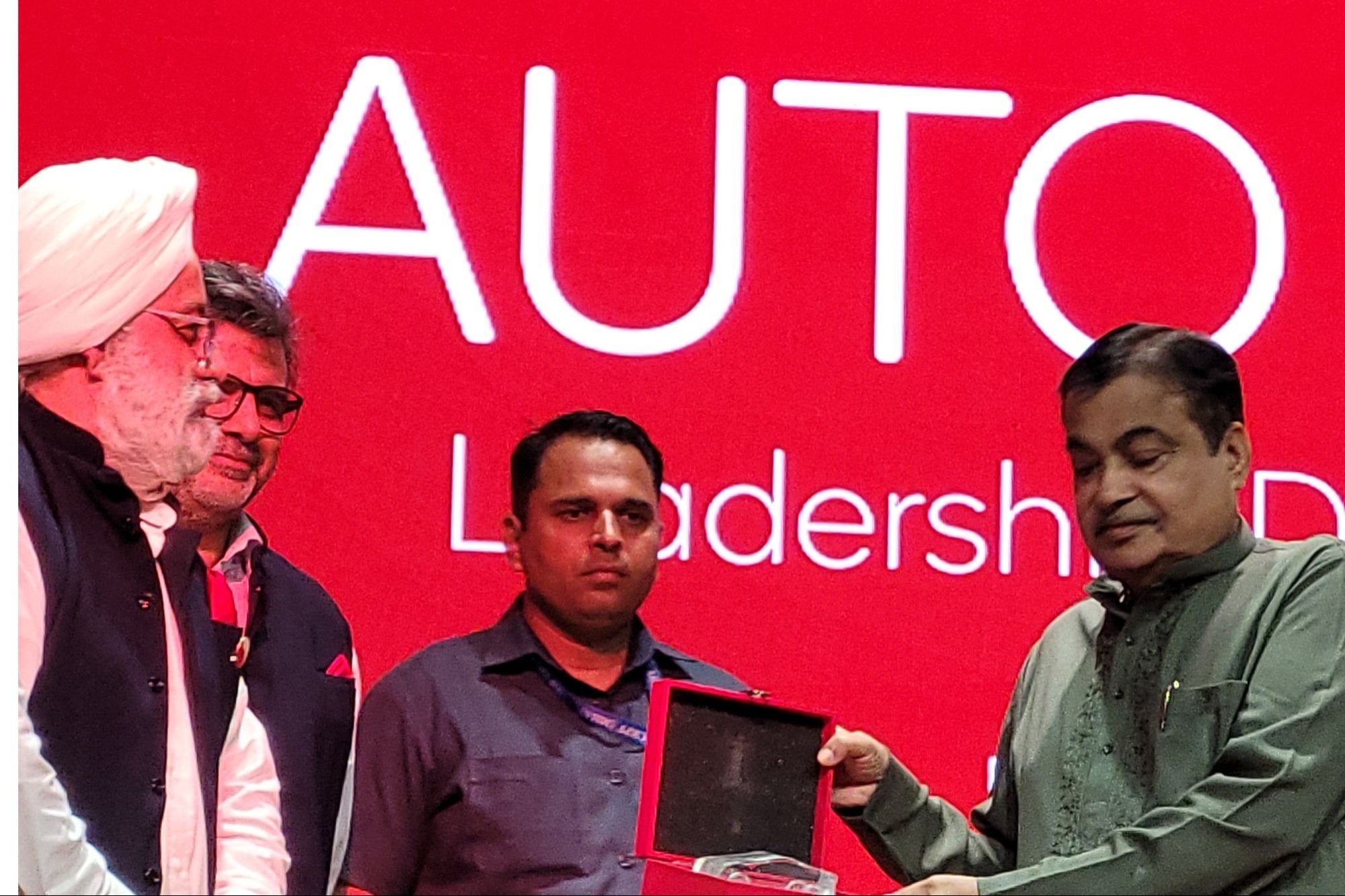How GenAI Is Transforming Indian Enterprises—From Assistants to Infrastructure India's GenAI startup base has grown 3.6X from H1 CY2023 to H1 CY2024, spanning across infrastructure, applications, also more than 17 Indic and vertical models have been launched, there's been a 4X rise in GenAI assistants, and GenAI service startups have surged by 4.6X
You're reading BIZ Experiences India, an international franchise of BIZ Experiences Media.

India's Generative AI (GenAI) revolution is gaining serious momentum, not just as a technological trend but as a full-fledged enabler of enterprise transformation. According to the India's Generative AI Startup Landscape 2024 report, India's GenAI startup base has grown 3.6X from H1 CY2023 to H1 CY2024, spanning across infrastructure, applications, and services. The growth has been broad-based: more than 17 Indic and vertical models have been launched, there's been a 4X rise in GenAI assistants, and GenAI service startups have surged by 4.6X. Though funding has primarily been concentrated in early-stage rounds, the innovation wave is spreading beyond established hubs to newer regions, underlining India's strong intent to harness GenAI across sectors.
This surge isn't just limited to startups. Enterprises, too, are quickly moving from experimental to full-scale deployment of GenAI.
Ankush Sabharwal, Founder of CoRover, explained how GenAI has moved far beyond just customer-facing chatbots. "Yes, the low-hanging fruit of any Gen-AI is customer experience," he said. "But now, banks use our product 'Coronotifier' for real-time monitoring of critical systems like UPI and FASTag. We've expanded from customer engagement to internal operations, lead conversions, and even AI-powered transactions." He noted that clients typically evolve with their AI journey: "Some begin with one use case and move on to four or more. A few get impatient, but we recommend parallel A/B testing. Eventually, everyone agrees GenAI helps them convert more and serve better."
Ganesh Gopalan, Co-Founder and CEO of Gnani.ai, emphasised the growing relevance of small language models (SLMs), particularly for sectors like BFSI. "Instead of multi-billion parameter models, we use SLMs—ours is about 3 billion parameters. These offer low latency and high accuracy, which is essential for real-time applications like voice AI agents and agent assist tools," Ganesh said. He also stressed the importance of regional and linguistic nuance in India's diverse landscape. "We've built India's first automatic speech recognition systems for multiple Indian languages by collecting hundreds of thousands of hours of audio with demographic representation," he explained.
Siddhant Masson, Co-founder & CEO of Wokelo.ai, shared how their LLM-powered investment research platform leverages a mix of open and closed source models. "Initially, it was just OpenAI's GPT. Now, we use a mixture-of-experts model, combining OpenAI, Anthropic, and open-source models depending on the task," he said. This flexible architecture helps deliver high-fidelity research outputs across a variety of complex microtasks, from synthesis to insight generation. He noted that many enterprises are increasingly inclined to host open-source models privately due to data concerns. "Open source makes that possible. And as models like DeepSeek rise to closed-source performance benchmarks, the push for data sovereignty becomes even stronger."
That push is echoed passionately by Ankush. "We need sovereign AI. Data should be from India, trained in India, deployed in India. If a global crisis cuts communication, we shouldn't be left stranded using foreign LLMs," he asserted. He raised concerns about copyright misuse, synthetic data, and AI models trained on questionable datasets. "Why are we taking copyrighted data to build businesses? People need to ask which data the model was trained on—not just where it's being hosted."
But even as the use cases grow and the ecosystem matures, many enterprises remain cautious. Clear regulation is the missing piece. "Companies are ready to invest, but they don't know whether voice cloning or video cloning is permissible. What's our stance on deepfakes?" Ankush asked. "We need enforceable laws, not just guidelines." Ganesh agreed, pointing to global debates on AI regulation and noting that clarity breeds confidence. "Once the framework is clear, adoption will follow." Siddhant added that apart from policy, what India truly needs is investment in homegrown research labs: "We need labs building SLMs for India. Otherwise, AI will become too geopolitically concentrated," he concluded.












